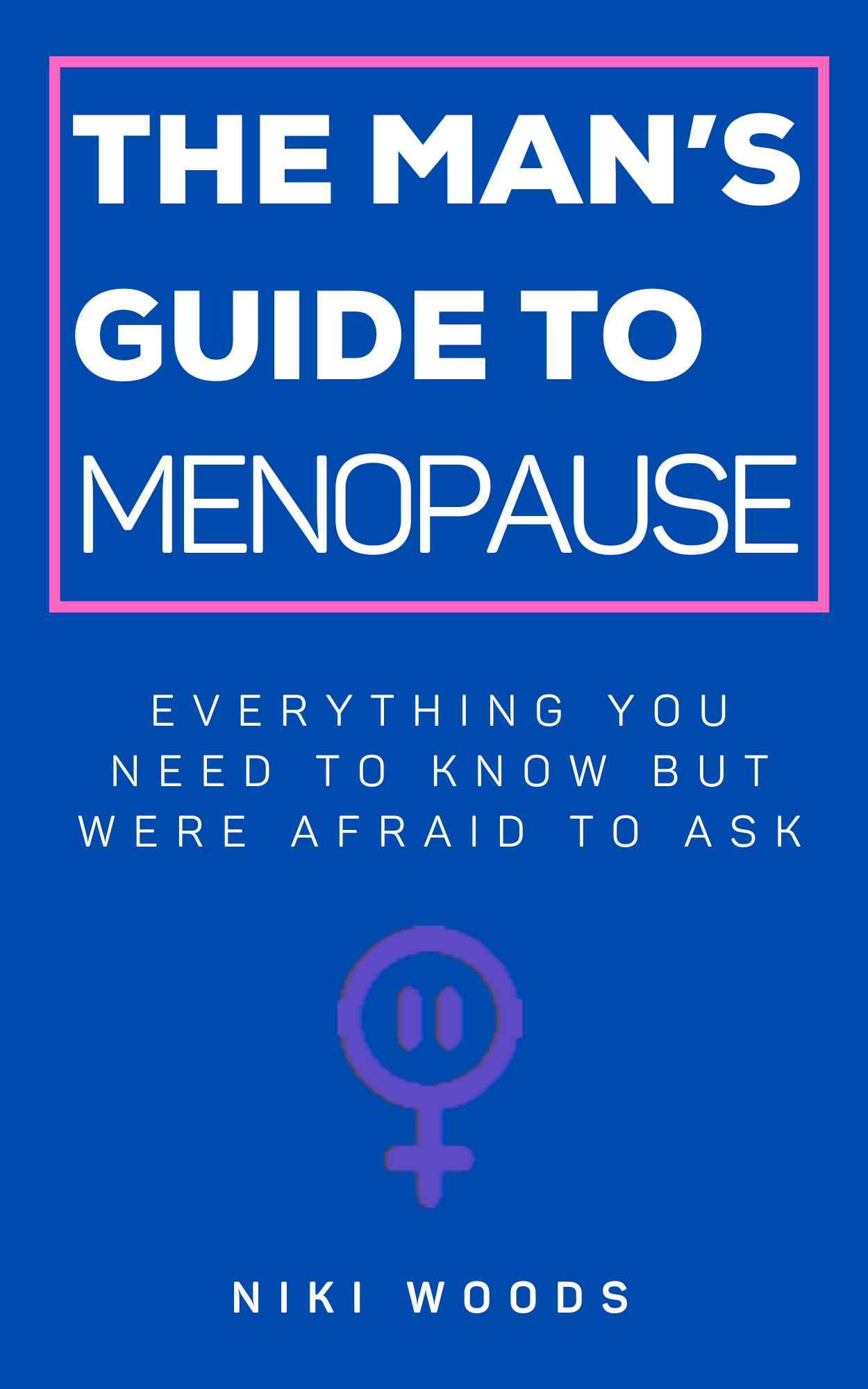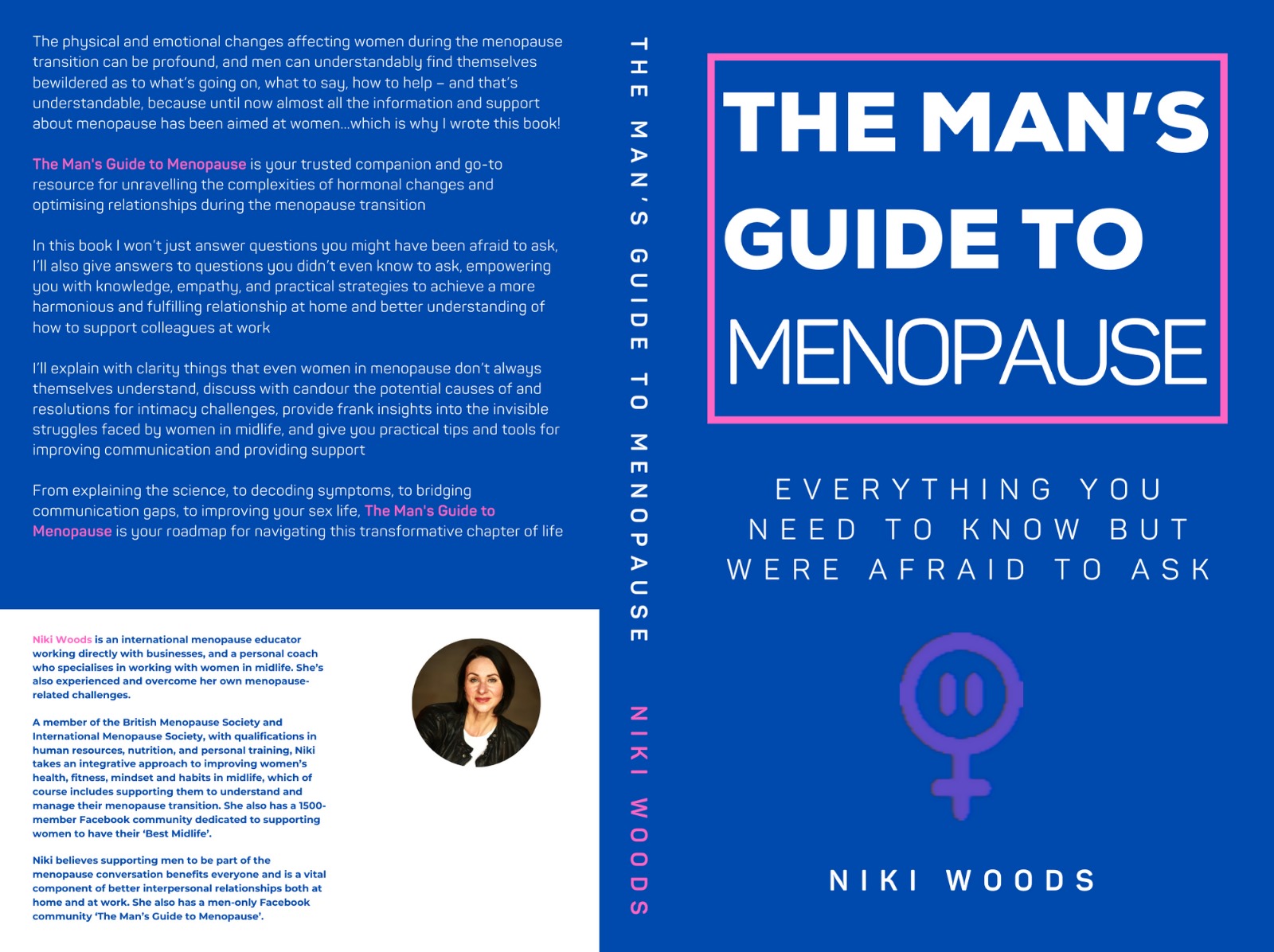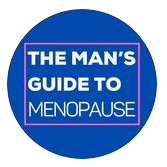
I’m a passionate believer that supporting men to be part of the menopause conversation benefits everyone and is a vital component of better interpersonal relationships both at home and at work.
Almost every time I have a conversation with a man in midlife about my work he says something along the lines of ‘I wish I’d understood more about menopause when my wife/partner was going through it.
With an estimated 13 million women of menopausal age in the UK alone, and one in four of them having severe symptoms, these figures have potentially bleak implications for 9.5 million marriages and relationships.
Some have even told me they think having a better understanding at the time may have saved their relationship from ending completely.
ONS data shows that divorce rates peak for couples aged 45-49 years old in the UK, with 63% of the petitions coming from women, with their most common reason being ‘unreasonable behaviour’ by their partner.
I also speak to a lot of men who don’t know how to navigate conversations at work, who want to be a better friend, colleague, manager – but steer clear of conversations around menopause for fear they’ll say the ‘wrong’ thing. Here too we need to remove stigma, as the current situation means workplaces are unnecessarily losing tens of thousands of valuable midlife women.
Menopause may be having a media moment, but many of the symptoms (particularly those which affect relationships) are still not widely-known – leaving women struggling and men none the wiser as to how to help.
Symptoms of perimenopause can start up to 10 years before menopause – i.e. a LOT younger than most people think – meaning that menopause could be affecting women and relationships from their late 30s or early 40s.
Many women still don’t fully understand what’s happening to them, and even if they do think something’s menopause-related often struggle to get timely support from their GP – so the men in our lives can be an invaluable source of practical and emotional support – benefiting not only the women but the men too.
This book aims to give men (and others who aren’t experiencing menopause) the knowledge to understand what’s happening and why, the tools to be able to talk about things in a way which diffuses problems, tips to avoid inadvertently saying or doing the ‘wrong’ thing, and insights into how to be a better friend, partner, and lover.
I believe that understanding of perimenopause and menopause benefits both men and women in all aspects of life – at work, in friendship, at home, and in the bedroom

